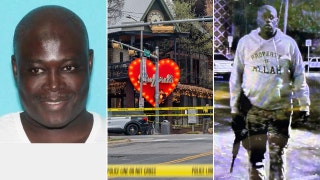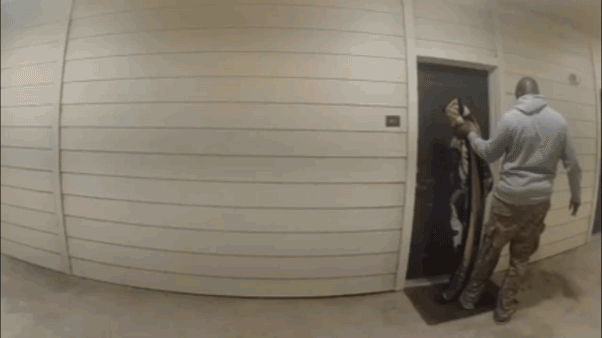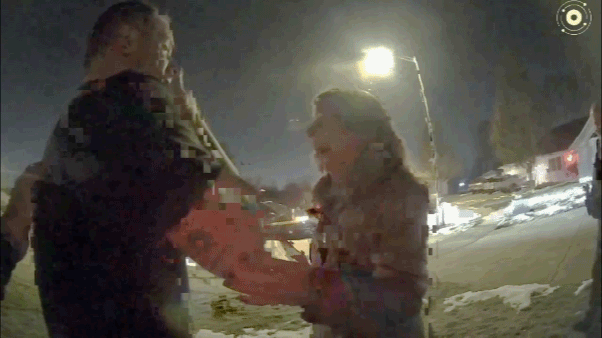RIVERSIDE, Calif. – Lawyers for a Republican gay rights organization asked a federal judge Friday to issue an injunction halting the military's ban on openly gay service members.
Government lawyers countered by warning U.S. District Judge Virginia A. Phillips not to overstep her bounds while ruling on the lawsuit by the Log Cabin Republicans.
The exchange came as both sides made closing arguments in the case after a two-week trial.
It was unclear when Phillips would make a ruling on the policy that forbids openly gay personnel in the military. Legal experts say she may hold off to see if Congress is going to repeal the policy.
Attorney Dan Woods, who represents the 19,000-member Republican group, argued the policy violates the constitutional rights of gay military members to free speech, due process and open association.
"Log Cabin Republicans have brought this case to trial to call out the government on the wrong it's doing on current and future homosexuals who wish to serve their country. We ask you to do them right," Woods told Phillips.
The case is unique in that it is not based on an individual's complaint but rather is a sweeping attack on the policy. It is the biggest legal test of the law in recent years.
The trial could not come at a worse time for President Barack Obama, who has criticized the military's "don't ask, don't tell" policy since taking office last year but has failed to get Congress to repeal it.
U.S. Department of Justice attorney Paul G. Freeborne said during his closing argument that Woods was asking the judge to go beyond her powers.
"We do not believe the court has the authority to issue a nationwide injunction," he said.
The U.S. House voted May 27 to repeal the policy, and the Senate is expected to take up the issue this summer. In deciding to hear the challenge, Phillips said the "possibility that action by the legislative and executive branches will moot this case is sufficiently remote."
During the trial, plaintiffs presented seven expert witnesses and six military officers who have been discharged under the policy. Lawyers also submitted remarks by Obama stating "don't ask, don't tell" weakens national security.
Woods asked Phillips to impose a permanent injunction that would prevent the policy from being applied not only within the U.S. but anywhere in the world.
"Even if 'don't ask, don't tell' once did further an important government interest, it no longer does so," Woods told the judge.
Government attorneys have said Congress should decide the fate of the policy — not a federal judge. They presented only the policy's legislative history in their defense.
"Don't ask, don't tell" prohibits the military from asking about the sexual orientation of service members but requires discharge of those who acknowledge being gay or are discovered to be engaging in homosexual activity, even in the privacy of their own homes off base.
Log Cabin Republicans, which includes former and current members of the military, said more than 13,500 service members have been fired under the law since 1994.
Testimony from former service members ranged from a decorated Air Force officer who was let go after his peers snooped through his personal e-mail in Iraq, to a sailor whose supervisor concluded he was gay after he refused to visit prostitutes.
Woods argued the policy harms military readiness and unit cohesion by getting rid of talented people. He pointed out the military has relaxed its standards and now allows convicted felons to make up for a shortage of personnel while the country is at war.
"In other words, our military will give a convicted felon a gun but will not give a gay guy a typewriter," he said.
Freeborne told the court Obama's statements criticizing the policy underscored that the decision should be made in the political arena.
"What you've essentially heard is a policy debate, a debate that should occur in Congress, not before a court," he told the judge.
Phillips told Freeborne his argument overlooks the fact that the court "is directed to look at the effect of the statute."









































